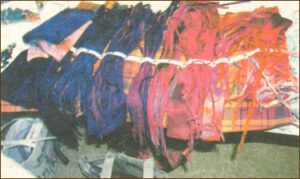Remember the old time ‘fanning mill’? Very much a part of a local museum collection these days seems to be the fanning mill. They were as much a part of the farm of the old days as the old oaken bucket. At least a few years ago, it could be found sitting forlornly in back…
Full Article >>Ideal Cement Tile Machine, a/k/a Farmers Cement Tile Machine, Makes a better and more perfect tile than the ordinary clay tile, and at less than half the cost. Makes tile in different sizes for hand or power. Patented May 1, 1906 and manufactured by Richmond & Holmes of St. Johns, Michigan. Thousands of farmers across…
Full Article >>Belonging to the Buchanan Co., Iowa Historical Society and on display at Heartland Acres Agribition Center 2600 Swan lake Blvd. Independence, Iowa. Chronology of the Deere Company indicates that the 1877 Deere & Mansur Company was formed in Moline, Illinois to manufacture corn planters. A separate organization from the similarly named Kansas City branch, will…
Full Article >>The beginning for the need of barbed wire was seen in the year of 1867 as a few men applied, that year, for patents pertaining to restraining wire with sharp points to turn and to hold livestock. From 1867 until 1880, hundreds of wires were patented. Some men claimed patent infringements and there were quite…
Full Article >>Quote from 1914 Buchanan Co. History Vol. 1 p. 224 “Independence in the Early Sixties” (1860’s) The streets in Independence in the early days were always in a dreadful condition. They were uneven and muddy, the sidewalks were a menace to life and limb. The first sidewalks in town were of oak, or elm boards,…
Full Article >>This 5- person board is appointed by the Buchanan Co. Board of Supervisors at the beginning of each year. This commission is ruled by By-Laws established in 1993. The commission meets quarterly to discuss applications of historic places and making comments. The commission works with the State Historic Preservation Office, as well as the National…
Full Article >>The earliest forebears of hooked rugs were the floor mats made in Yorkshire, England during the early part of the 19th century. Workers in weaving mills were allowed to collect thrums, pieces of yarn that ran 9 inches (23cm) long. These by-products were useless to the mill, and the weavers took them home and pulled…
Full Article >>

